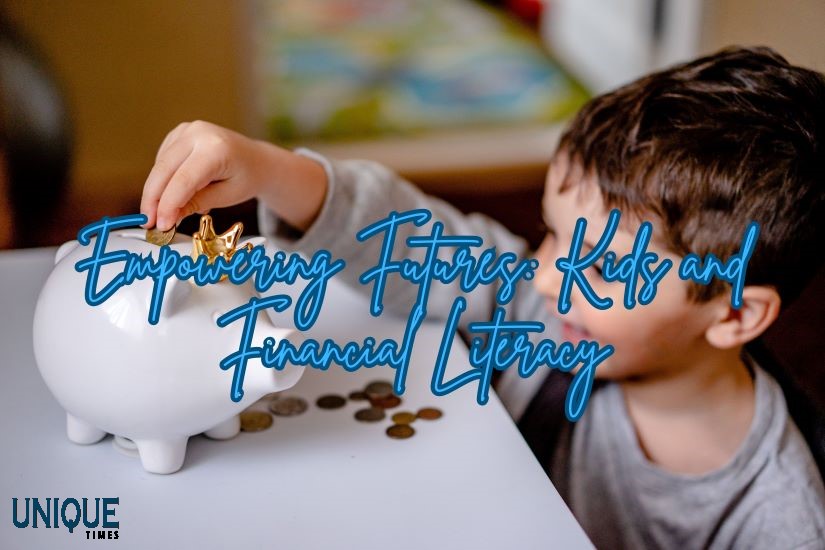Empowering the Future: Teaching Kids Financial Literacy

In a rapidly evolving world, imparting financial literacy to children has become an essential aspect of their education. Developing money management skills at an early age not only instills responsible habits but also equips them for a financially secure future. Here’s a comprehensive guide on fostering financial literacy in kids.
Start Early: The Foundation of Financial Literacy
Introduce the concept of money to children from a young age. Use everyday situations, like grocery shopping or saving for a toy, to explain basic financial concepts. Teach them about coins, bills, and the value of each. Utilize age-appropriate games and activities to make learning about money engaging and fun.
Setting Goals: Building a Savings Mindset
Encourage children to set short-term and long-term financial goals. Whether it’s saving for a favorite toy, a gadget, or even for college, goal-setting instills discipline and helps them understand the value of delayed gratification. Provide a piggy bank or a digital savings account to make the process tangible and interactive.
Budgeting Basics: Understanding Income and Expenses
Teach kids about budgeting by illustrating the concept of income and expenses. Use an allowance or money earned through chores as a basis for income. Help them allocate funds for different categories such as toys, treats, and savings. Introduce the idea of prioritizing needs over wants, emphasizing the importance of responsible spending.
Shopping Smarts: Differentiating Between Needs and Wants
Accompany children during shopping trips and guide them in distinguishing between needs and wants. Discuss the importance of making thoughtful choices, comparing prices, and understanding the value of money. This practical experience will foster critical thinking skills and contribute to developing a mindful approach to spending.
Earning and Entrepreneurship: Cultivating a Work Ethic
Introduce the concept of earning through age-appropriate tasks or entrepreneurial endeavors. This not only instills a strong work ethic but also helps children understand the connection between effort and financial reward. Simple tasks like selling handmade crafts or assisting with household chores can lay the groundwork for future financial independence.
Conclusion: Building a Financially Savvy Generation
By integrating these financial literacy lessons into a child’s education, we contribute to the development of a generation that is not only academically proficient but also financially savvy. Instilling these money management skills early on sets the stage for a future where our children can confidently navigate the complexities of personal finance and make informed decisions for a secure and prosperous life.
Picture Courtesy: Google/images are subject to copyright








